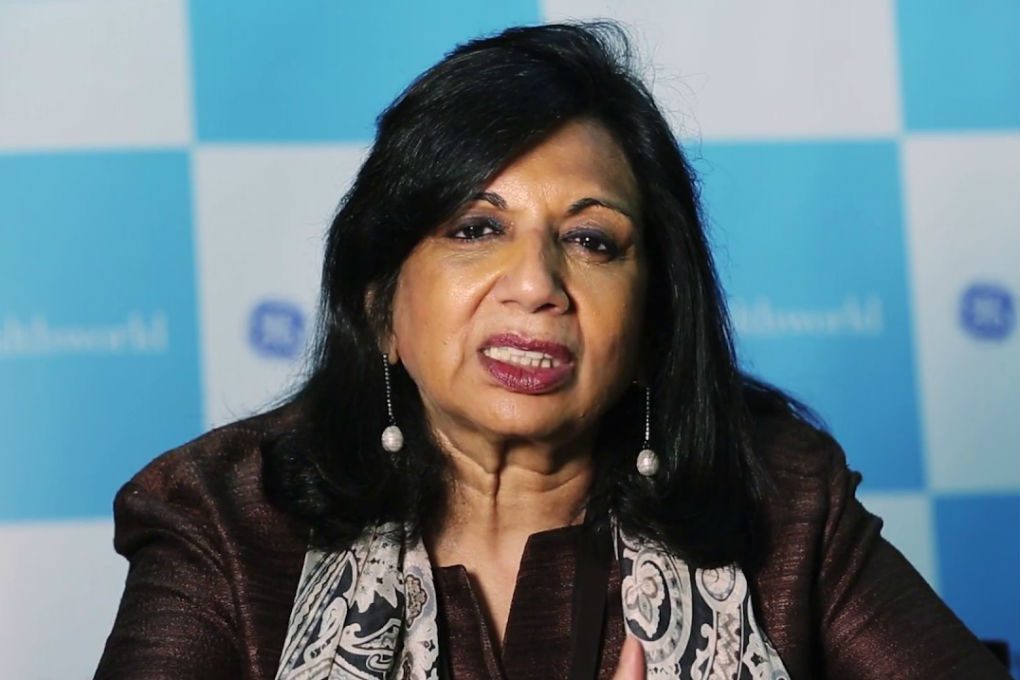Kiran Mazumdar was born in Gujarati & brought up in Bangalore. She went to school at Bangalore’s Bishop Cotton Girl’s High School, graduating in 1968. She then attended Mount Carmel College, Bangalore, a women’s college offering pre-university courses as an affiliate of Bangalore University. She studied biology and zoology, graduating from Bangalore University with a bachelor’s degree in zoology in 1973.Mazumdar deeply desired to go to medical school, but did not obtain a scholarship.
As guided by the family, Mazumdar then went to Federation University (formerly University of Ballarat) in Australia to study malting and brewing. In 1974 she was the only woman on the brewing course, and came top of her class.
However, when she investigated the possibility of further work in Bangalore or Delhi, she was told that she would not be hired as a master brewer in India because “It’s a man’s work.
After a brief period as a trainee manager at Biocon Biochemicals Limited, of Cork, Ireland, to learn more about the business, Kiran Mazumdar Shaw returned to India.[She started Biocon India in 1978 in the garage of her rented house in Bengaluru with a seed capital of Rs. 10,000. Although it was a joint venture, Indian laws restricted foreign ownership to 30% of the company. The remaining 70% belonged to Kiran Mazumdar Shaw.
Initially, she faced credibility challenges because of her youth, gender and her untested business model. Funding was a problem: no bank wanted to lend to her, and some requested that her father be a guarantor. A chance meeting with a banker at a social event finally enabled her to get her first financial backing. She also found it difficult to recruit people to work for her start-up. Her first employee was a retired garage mechanic. Her first factory was in a nearby 3,000-square-foot shed. The most complicated piece of equipment in her lab at that time was a spectrophotometer.As well, she faced the technological challenges associated with trying to build a biotech business in a country with a shaky infrastructure. Uninterrupted power, superior quality water, sterile labs, imported research equipment, and workers with advanced scientific skills were not easily available in India at the time.
The company’s initial projects were the extraction of papain (an enzyme from papaya used to tenderize meat) and isinglass (obtained from tropical catfish and used to clarify beer). Within a year of its inception, Biocon India was able to manufacture enzymes and to export them to the US and Europe, the first Indian company to do so. At the end of her first year, Mazumdar used her earnings to buy a 20-acre property, dreaming of future expansion.









0 Comments